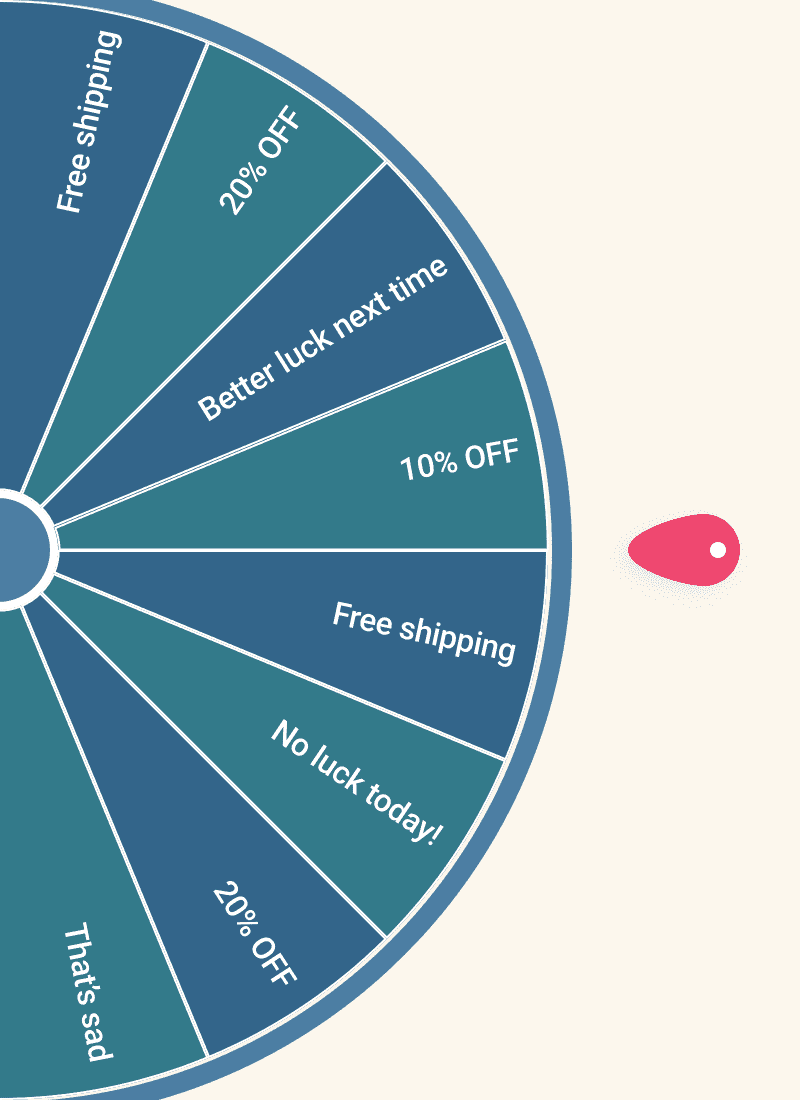Background
The Income-tax Act, 1961 (the Act) provides exemption from tax in respect of allowances granted by an employer to its employees in order to meet specific expenses to the extent actually incurred. In case the allowances are not spent for the specific purposes or are not fully spent, then such unspent portion is taxable in the hands of the employees and subject to tax deduction at source (TDS) by the employer. Recently, the Karnataka High Court (the High Court) in the case of Symphony Marketing Solutions India Private Limited (the taxpayer) has held that reasonable per diem allowances paid by an employer to its employees for overseas trips would not be subject to TDS by the employer.
Facts of the case
- Symphony Marketing Solutions India Private Limited (the employer or the taxpayer) had paid per diem allowances to its employees travelling for business/official trips to the USA and Europe at the rate of USD50 and USD75 respectively.
- The per diem allowances were provided to cover actual expenses of meals, travel, laundry and other miscellaneous expenses.
- The employer had considered these per diem allowances as reasonable and hence, exempt under Section 10(14) of the Act.
- The Assessing Officer (AO) was of the view that these per diem allowances were subject to TDS by the assessee as the assessee had not verified the expenses incurred by the employees.
- On appeal by the taxpayer, the Commissioner of Income Tax (Appeals) [CIT(A)] accepted the taxpayers argument that the per diem allowances qualify for tax exemption under Section 10(14) of the Act read with Rule 2BB(1) of the Income-tax Rules, 1962 (the Rules), on the following basis:-
- The Central Board of Direct Taxes (CBDT) Circular allows for providing tax exemption without the need for verification of actual expenses in respect of allowances where the specific allowances are reasonable with reference to the nature of the duties performed by the assessee and are not disproportionately high compared to the salary received by him, no attempt will ordinarily be made to call for details of expenses actually incurred by him with a view to disentitling him to some extent from the exemption and that an enquiry will, of course, be justified and will be made in cases where the allowances are prima facie unreasonably high;
- There is no monetary limit prescribed;
- Based on the CBDT Circular, unless the allowances were fictitious or abnormally higher or otherwise taxable in the hands of the employees, the employer did not have a liability to deduct tax on such allowances;
- The AO had not gone through the CBDT Circular and that it was not possible to collate bills for every expense and that mere noncollation of bills in support of amount expenses cannot prevail over the fact of incurring such expenses; and
- An allowance under Section 10(14) of the Act cannot be denied on the ground of absence of proof of actual expenses incurred while performing duties in a foreign country.
- On appeal by the tax department, the Bangalore Bench of the Income-tax Appellate Tribunal (the Tribunal) relied on the decision in the case of Saptarishi Ghosh4 and of Madanlal Mohanlal Narang5. In that case, the Kolkata Tribunal held that the allowances were not taxable in the hands of the employees on the following basis:
- The Circulars issued by Ministry of External Affairs (MEA) specify the amounts of daily allowance payable to government officers for journeys abroad;
- The CBDT Circular provided that it was not open to Revenue to call for details of expenditure unless the allowances are highly disproportionate or unreasonable to the salary received or nature of duties performed; and
- Considering the extent of allowances specified in the said Circulars issued by MEA and the CBDT Circular, the per diem allowances of USD50 to USD75 for trips to the USA and Europe in the instant case were reasonable and hence, the employer was not required to collect and verify the proof of actual expenditure.
- Aggrieved by the decision of the Tribunal, the tax department appealed to the High Court.
- The tax department contended that these allowances would partake the character of perquisites under Section 17(1)(iv) of the Act and therefore, were liable to TDS by the taxpayer. The tax department also submitted that as the payment of allowances was made without verification of expenses already incurred by the employees, such payment cannot be treated as reimbursement.
High Courts ruling
- The Tribunal had followed its earlier decision in the case of Saptarishi Ghosh and also considered the CBDT Circular. It pointed out that the resultant effect of the Circular is that the allowances should be treated as reimbursement of expenses.
- Further, the Tribunal had relied on the Circulars issued by the MEA to determine if the per diem allowances paid by the taxpayer to its employees were reasonable.
- The High Court observed that the payment of such allowances was not made on par with perquisites but was made to meet the expenses incurred. Considering the nature of the expenses, the High Court held that they would fall under Section 10(14) of the Act and not under Section 17(1)(iv) of the Act.
- As the payment was made to meet the expenses and hence qualifying as tax exempt under Section 10(14) of the Act, the fact that actual expenses were not verified does not change the character of such allowances so as to include them as perquisites taxable in the hands of the employees.
- Therefore, the Revenues appeal to tax the allowances in the hands of the employees was dismissed.


Whether amount paid as fixed DA in excess of actual expenses incurred (with supporting of bills) is it treated as perquisite & Taxable.
Good the IT Babus have been slammed by the Tribunal and the Revenue Appeal to tax dismissed for trying to “EXTRACT TDS SOMEHOW” contrary to our beloved Narendra Modibhai’s Lectures on “EASE OF DOING BUSINESS IN HINDIA”